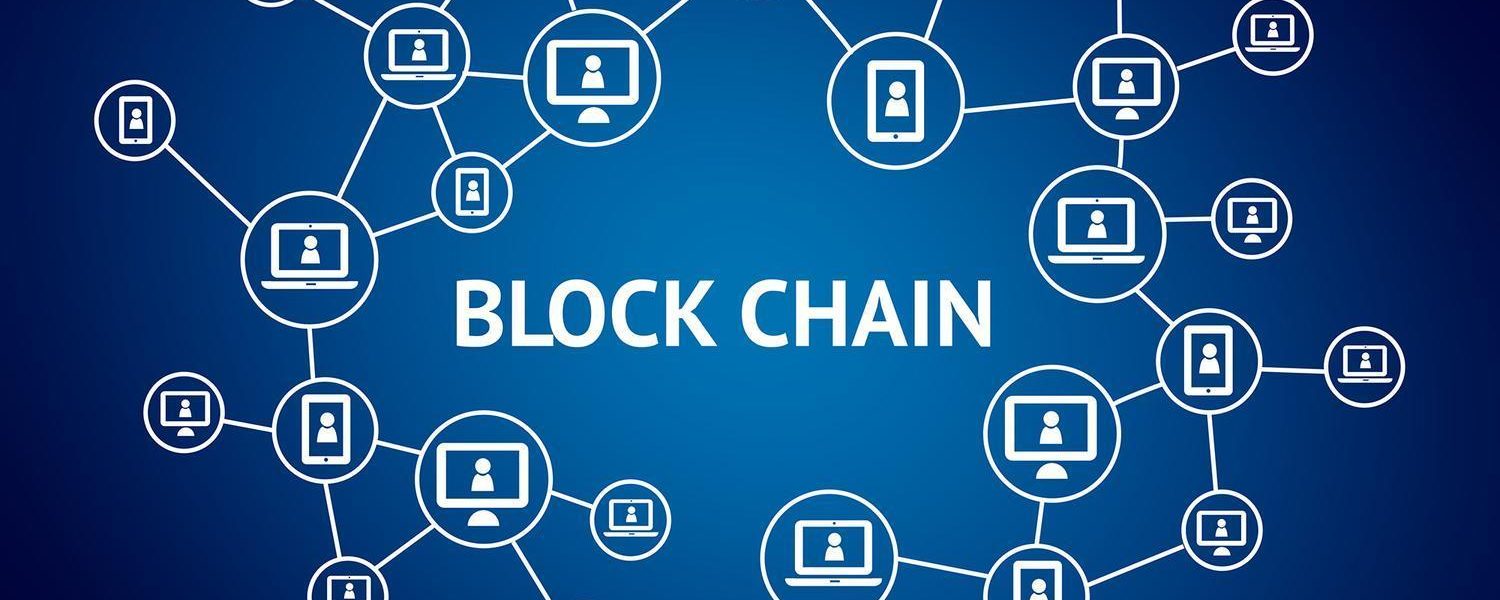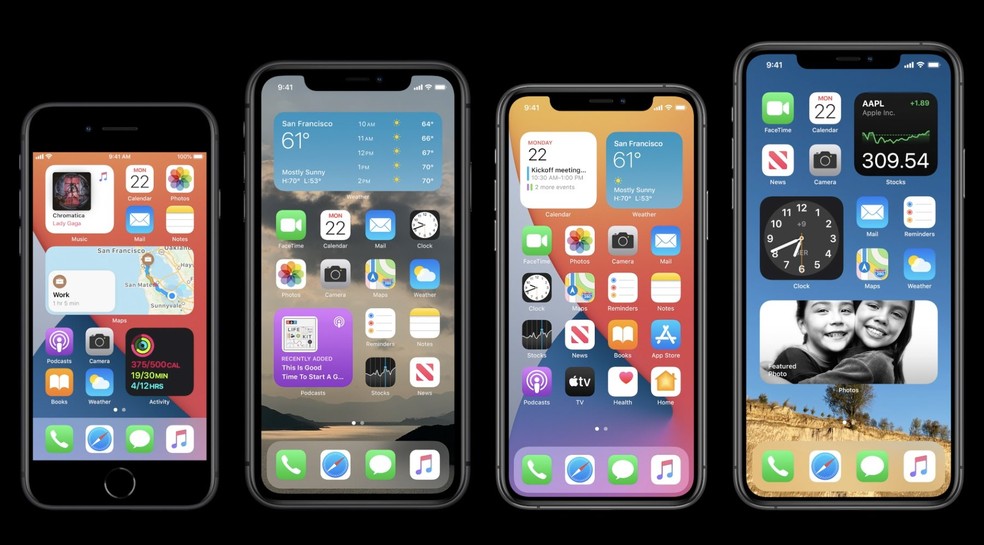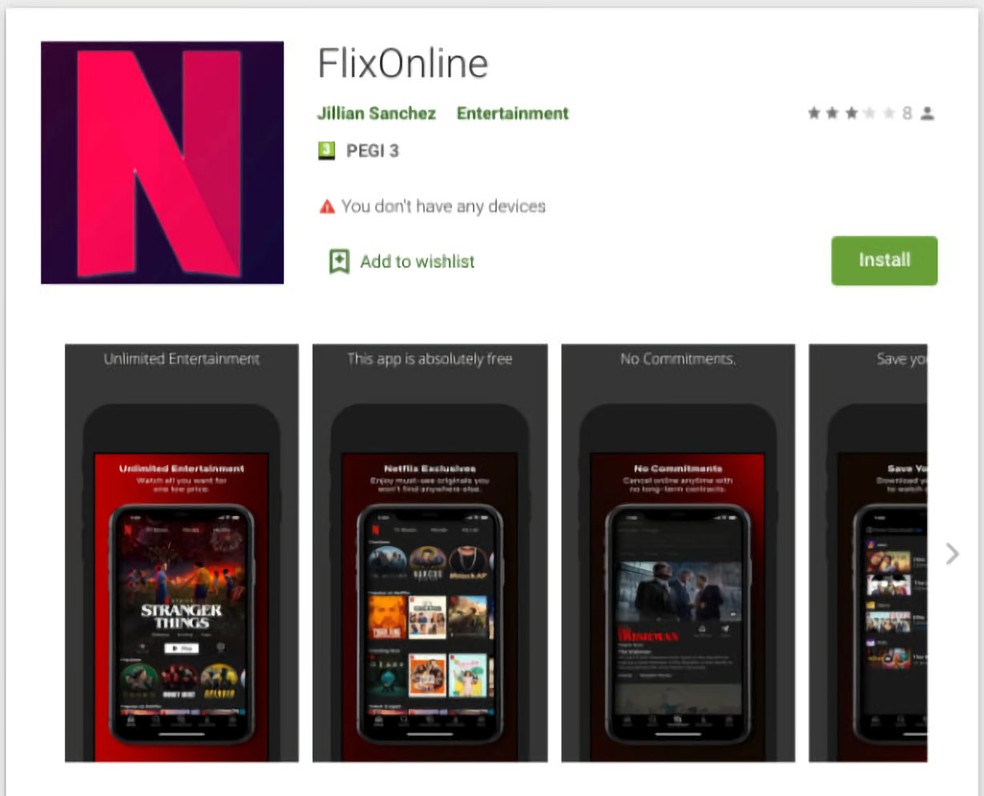Do you realize the relevance of this?
Think for a moment that every interaction online today is backed by a central authority that we trust.
It does not matter what you do since you are always trusting that someone is telling you the truth, whether it is the bank showing you the balance of your accounts, WhatsApp telling you that your message has been sent, or your antivirus saying that everything is fine in your computer.
Distributed Blockchains have changed everything. Do you know why?
There is always the risk that some information provider is lying to you or simply making a mistake.
That is why Internet security is today chaos in which practically all services can be hacked, manipulated, or compromised.
And every time we entrust them with more personal information.
Bitcoin is digital money. But when we think of digital things, we think of files that can be copied and pasted, such as photos of your vacations, a song, or any other file that you have on your computer. But Bitcoin is different since imagine the grace of copying and pasting money, and it would not make sense. That is why there is the blockchain, the accounting book. There are no bitcoins, and there are no files that represent bitcoins, just a ledger that manages to keep the accounting of the entire financial system mainly.
For the first time in history, a book is being written collaboratively in thousands of parts. Imagine any great book, for example, the Bible for Christians or any other, written collaboratively, without informative dictators saying what to put and what not. Imagine how good such a transparent planet would be.
What does the blockchain have to say about it?
It sounds incredible, but thanks to the concept of distributed consensus, you can create an incorruptible record of past and present events in the digital world.
Also, it would do this without compromising your privacy.
It can be recorded that the event in question has taken place and done so correctly without specifying specific details about the type of event or the parties involved.
This explains why bitcoin has been used to carry out illegal transactions since, despite the public and free access to the “ledger,” the privacy of its users is guaranteed if required.
This turns the blockchain into a massive set of digital data orderly updated and transfer activities archived within a cryptographically sealed network of participants. Unlike conventional databases, the blockchain is not located on a single server but is identical in large numbers: all network participants (so-called “nodes”) have a complete copy in their local memory.
What is mining?
Mining is a fundamental way to participate in the development of blockchain, and it is also the fundamental guarantee to keep the stable operation of the network. Mining refers to a distributed consistency system used to confirm and verify all pending transaction records and write them to the public blockchain. Just like in real life, these people involved in mining are called “miners.”
This process is very similar to gold mining. The miners broadcast the block that meets the mining difficulty conditions throughout the network. After verifying that the block meets the mining difficulty conditions and that the transaction data in the block meets the protocol specifications, each of them will link the created block. For this, the miners use special software that solves mathematical problems and obtains the blocks.
What blockchain platforms are there?
For developing products and services that use blockchain, a platform that is the basis for implementing its development is essential. Today, there are many different types of blockchain platforms available, from vendor-specific to open source. For example, Ethereum is an open-source, decentralized computing platform / operating system. Quorum, an enterprise version of Ethereum. Ripple, an enterprise platform for global payments. Hyperledger Fabric with a focus on B2B and R3 Corda for financial services.
There are several ways to classify blockchain platforms. One of them depends on the use you want to give it. For example, it is preferable to use Bitcoin for simple remittances, Ethereum for games, and Ripple or Corda for interbank remittances as a development basis. Other classification methods include the type of permission, presence or absence of virtual currency, presence or absence of intelligent contract function, and high or high confidentiality. The important thing is to choose the platform that suits the needs of each company.
Is it the future of the world economy?
During the last decade, there has been an intense debate about the use of blockchain technology in the economy and its extreme importance in ensuring security, protecting user data, and the speed of online transactions. Recently, this debate has gained momentum as companies and institutions in the private and public sectors have advanced in exploring the applications of blockchain technology in other areas of the economy and society.
Therefore, it is expected that blockchain technology will shortly contribute to change business models in many sectors, such as health, finance, energy, or public services. Among other things, blockchain technology can become one of the essential technological catalysts of the fourth industrial revolution, which will lead to the so-called 4.0 economy, in which the production process is carried out by “smart factories” within “chains intelligent supply systems” which are cyber-physical systems connected by the Internet.
Blockchain potential
If you have come this far, you will have already realized the enormous potential that this technology houses.
So much so that numerous personalities in the technology and financial sector have placed bitcoin and the blockchain at the height of the personal computer industry in 1975 and the Internet in 1993.
One of its most relevant emerging applications has to do with what is known as “smart contracts” or intelligent contracts.
They consist of the ability to trust a distributed network to confirm that a contract of any kind has been fulfilled without revealing any confidential information about the parties and nature of the transaction.
This would serve, for example, to release payment to a freelancer to whom you have subcontracted when they finish their work or for your washing machine to buy detergent itself once it detects that it has finished.
The implications of this to trust and transparency when carrying out transactions of any kind are enormous.





